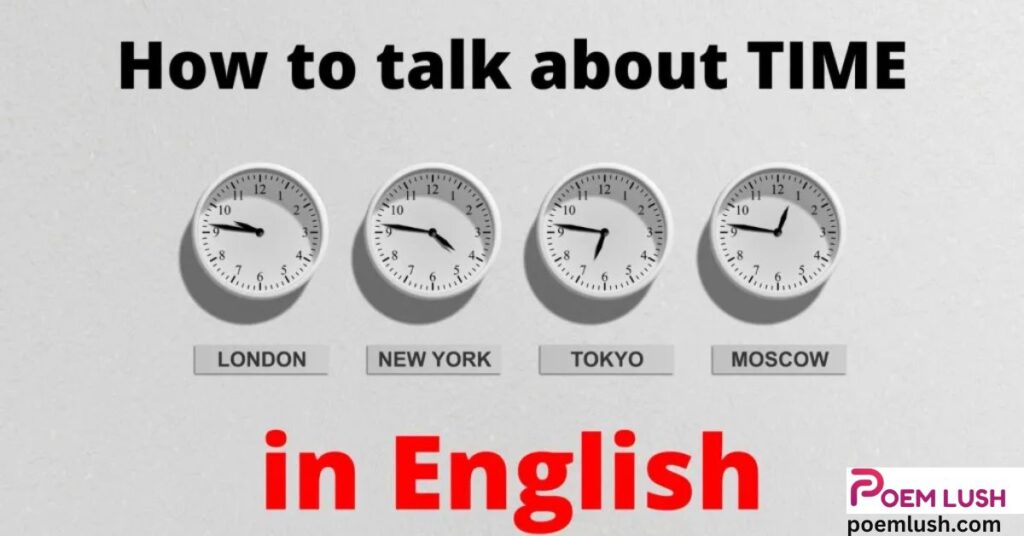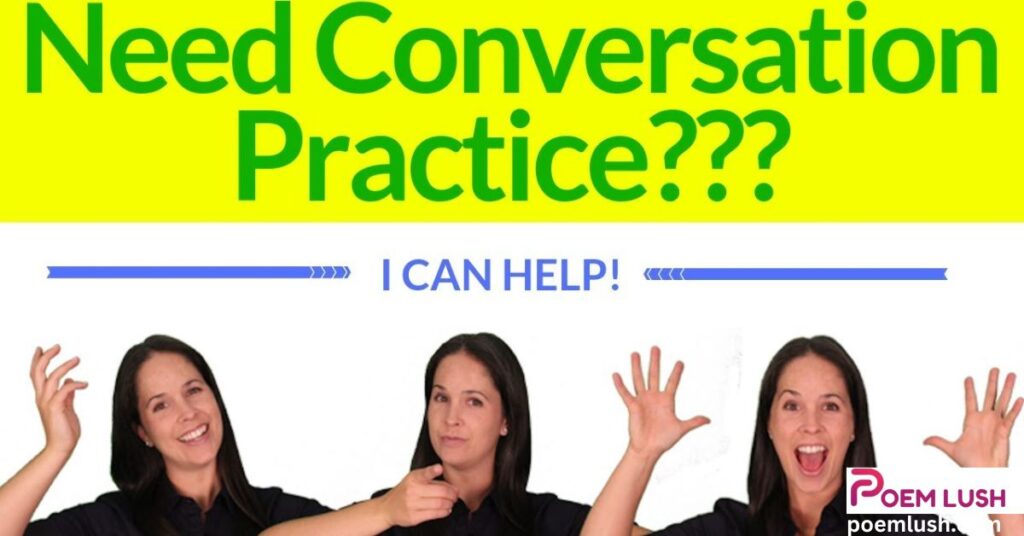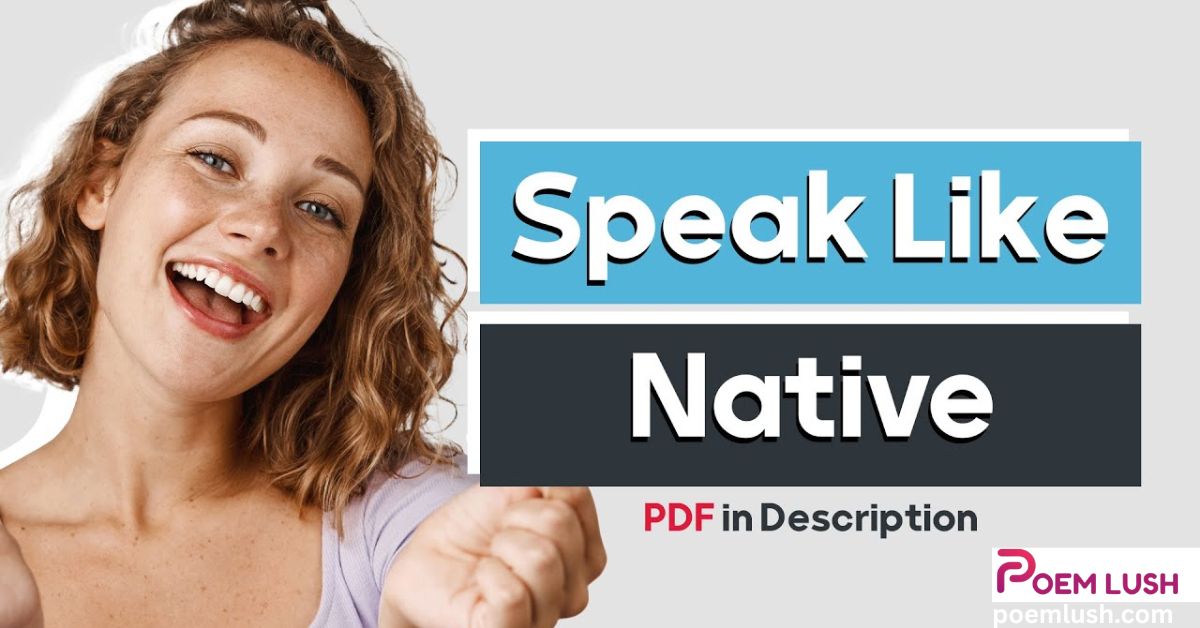Want to level up your English? Whether you’re a student, a professional, or someone just trying to speak better English every day, upgrading your vocabulary from normal to advanced expressions can help you sound more fluent and confident. 200 Normal vs Advanced English Sentences for Everyday Speaking
In this article, we’ll explore 200 Normal vs Advanced English Sentences for Everyday Speaking, with practical examples for real-life situations—no fluff, just real, useful content. Each section will give you upgraded phrases, usage tips, and mini-dialogues so you can start sounding like a native speaker today. 200 Normal vs Advanced English Sentences for Everyday Speaking
Talking About Time & Plans

When you want to sound more fluent while talking about time or future plans, replace casual phrases with more polished ones.
- “I’ll do it soon” → “I’ll get to it shortly.”
- “Let’s meet at 5 PM” → “Shall we convene at 5 PM?”
- “I’m going to be late” → “I might arrive behind schedule.”
- “I’m busy right now” → “I’m currently occupied.”
- “Can we reschedule?” → “Would it be possible to rearrange our meeting?”
- “I forgot about it” → “It slipped my mind.”
- “Let’s do it now” → “Let’s proceed immediately.”
- “I’ll see you then” → “I look forward to seeing you at the agreed time.”
- “Give me a minute” → “Kindly allow me a moment.”
- “We’ll talk later” → “Let’s reconnect at a later time.”
- “It’s getting late” → “The hour is growing rather late.”
- “I have no time” → “I’m pressed for time.”
- “We have enough time” → “We’re well within our timeframe.”
- “Let’s not waste time” → “Let’s utilize our time effectively.”
Mini-dialogue:
- Normal:
- A: Can we meet later?
- B: Yeah, I’m busy right now.
- A: Can we meet later?
- Advanced:
- A: Would it be possible to reconnect later?
- B: Certainly, I’m currently occupied.
- A: Would it be possible to reconnect later?
Talking About Problems & Solutions
Clear and professional language makes your thoughts easier to understand and more respectful.
- “There’s a problem” → “We’ve encountered an issue.”
- “I can’t do it” → “I’m unable to accomplish it.”
- “Let’s fix it” → “Let’s rectify the situation.”
- “It’s broken” → “It’s malfunctioning.”
- “I made a mistake” → “I committed an error.”
- “Let’s find another way” → “Let’s explore alternative solutions.”
- “It’s not working” → “It’s failing to function as intended.”
- “I need help” → “Assistance is necessary.”
- “It’s been fixed” → “The issue has been successfully addressed.”
- “This is a big problem” → “This poses a significant challenge.”
- “I don’t know what to do” → “I’m unsure how to proceed.”
- “I gave up” → “I relinquished my efforts.”
- “Try again” → “Give it another attempt.”
Case Insight: In corporate communication, phrases like “It’s broken” may come across as vague or careless. Using terms like “The system is malfunctioning” shows ownership and professionalism.
Workplace & Professional English

Professional English boosts your credibility in business environments.
- “I got the job” → “I’ve been offered the position.”
- “I work in sales” → “I’m employed in the sales department.”
- “I got promoted” → “I received a promotion.”
- “I need to finish this report” → “I must complete this report.”
- “I’m working overtime” → “I’m putting in extra hours.”
- “Let’s have a meeting” → “Shall we convene for a discussion?”
- “My inbox is full” → “My inbox is quite full.”
- “I’m free for a call” → “I’m open to a phone discussion.”
- “Let’s finalize the details” → “Let’s conclude the specifics.”
- “She’s the boss” → “She holds a leadership position.”
- “They fired him” → “His contract was terminated.”
- “We’re hiring” → “We’re onboarding new talent.”
Usage Tip: Always match tone with context. Use advanced versions in formal emails, presentations, and networking.
Describing People & Things
Upgrade your descriptions for richer communication.
- “He’s very smart” → “He’s exceptionally intelligent.”
- “She’s pretty” → “She’s aesthetically pleasing.”
- “She’s creative” → “She has a vivid imagination.”
- “She’s hardworking” → “She’s diligent and industrious.”
- “It’s a nice place” → “It’s a delightful location.”
- “He’s lazy” → “He lacks motivation.”
- “He’s rude” → “He exhibits discourteous behavior.”
- “It’s fast” → “It’s a high-speed vehicle.”
- “She’s confident” → “She exudes self-assurance.”
- “He’s funny” → “He has a great sense of humor.”
Expressing Certainty or Doubt
To express your certainty clearly:
- “I’m sure” → “I’m absolutely certain.”
- “I think so” → “I believe that to be the case.”
- “Maybe” → “It’s a possibility.”
- “I don’t know” → “I’m uncertain.”
- “I guess so” → “I suppose that’s correct.”
- “I doubt it” → “I find that unlikely.”
- “I’m really sure” → “I’m thoroughly persuaded.”
- “I’m not sure” → “I have reservations.”
- “Definitely” → “It’s unequivocal.”
- “It’s 100% true” → “It’s indisputably accurate.”
Telling Stories / Recounting Events
Make your stories more vivid with advanced vocabulary.
- “I went to the market” → “I visited the marketplace.”
- “He told me a story” → “He recounted a tale.”
- “She was very happy” → “She was overjoyed.”
- “We had a good time” → “We thoroughly enjoyed ourselves.”
- “I lost my keys” → “I misplaced my keys.”
- “They arrived late” → “They showed up behind schedule.”
- “He helped me a lot” → “He was immensely helpful.”
- “I forgot my wallet” → “I neglected to bring my wallet.”
- “She laughed a lot” → “She laughed heartily.”
- “It was scary” → “It was quite frightening.”
Expressing Emotions
Sound more sophisticated while expressing feelings.
- “I’m happy” → “I’m delighted.”
- “I’m sad” → “I’m feeling downhearted.”
- “I’m angry” → “I’m quite frustrated.”
- “I’m tired” → “I’m utterly exhausted.”
- “I’m excited” → “I’m thrilled.”
- “I’m scared” → “I’m feeling apprehensive.”
- “I’m worried” → “I’m deeply concerned.”
- “I’m confused” → “I’m feeling perplexed.”
- “I’m surprised” → “I’m taken aback.”
- “I’m relaxed” → “I’m at ease.”
Remember: Advanced expressions help you connect emotions to context more clearly.
Asking Questions Politely
Politeness is key in professional and everyday interactions.
- “Can you help me?” → “Would you mind assisting me?”
- “What’s your name?” → “May I know your name?”
- “Where’s the restroom?” → “Could you please direct me to the restroom?”
- “Can I have this?” → “May I take this, please?”
- “What do you mean?” → “Could you clarify your point?”
- “Can you repeat that?” → “Would you mind repeating that?”
- “What time is it?” → “May I ask the time, please?”
- “Is this seat taken?” → “Would it be alright if I sat here?”
- “Can we talk?” → “May we have a word?”
- “Do you need help?” → “Might you require assistance?”
Everyday Casual to Formal Conversions
Quick upgrades:
- “I’m hungry” → “I could use a bite to eat.”
- “Let’s go” → “Shall we proceed?”
- “I’m bored” → “I’m feeling unengaged.”
- “That’s cool” → “That’s quite impressive.”
- “No problem” → “It’s my pleasure.”
- “Hurry up!” → “Would you mind speeding up?”
- “Calm down” → “Please compose yourself.”
- “I don’t care” → “I’m indifferent.”
- “That’s not good” → “That’s less than ideal.”
- “Go ahead” → “Please proceed.”
Practice Conversations

Example 1 – Workplace Scenario:
- Normal: “I’m not sure if this will work.”
- Advanced: “I have reservations about its feasibility.”
Example 2 – At the Doctor’s Office:
- Normal: “I feel tired all the time.”
- Advanced: “I experience chronic fatigue.”
Example 3 – Talking to a Friend:
- Normal: “That was fun.”
- Advanced: “That was thoroughly enjoyable.”
Sure! Here’s a conclusion for your article “200 Normal vs Advanced English Sentences for Everyday Speaking” — concise, clear, and engaging:
Conclusion
Mastering everyday English conversations becomes much easier when you know how to switch between normal and advanced sentences. Using simple sentences helps you communicate clearly and confidently, while advanced sentences add polish and sophistication to your speech. By practicing both styles, you’ll not only improve your fluency but also sound more natural and expressive in different situations.
Remember, the key is balance: start with straightforward sentences to build your foundation, then gradually incorporate advanced expressions to impress and connect more deeply with native speakers. Keep practicing these 200 sentences regularly, and soon you’ll notice your speaking skills transforming effortlessly.
FAQs
What is the difference between normal and advanced English sentences?
Normal sentences use simple vocabulary and straightforward grammar, making them easy to understand and use in daily conversations.
Why should I learn both normal and advanced sentences?
Learning both allows you to communicate effectively in any situation. Simple sentences are great for clarity,
How can I practice using these 200 sentences effectively?
Try speaking aloud daily, role-playing different scenarios, or writing short dialogues using these sentences. Repetition and real-life practice will help you internalize them and use them naturally.
Can using advanced sentences make me sound pretentious?
Not at all! When used appropriately, advanced sentences enhance your communication. The key is to match your language level to the situation and audience, keeping your tone natural and conversational.
Will these sentences help me improve my English speaking skills quickly?
Yes! Consistently practicing these sentences builds your vocabulary, grammar, and confidence. Over time,


